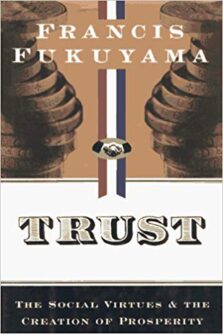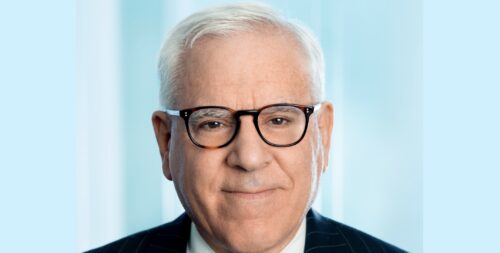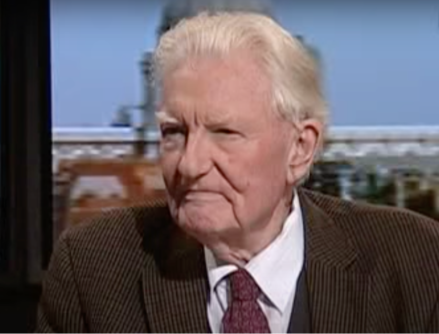And philanthropy.
There has been much recent commentary on the 30thanniversary of Francis Fukuyama’s seminal 1989 essay “The End of History?” in National Affairs. The piece became a 1992 book, which further expanded the agenda-setting scope of the work and its thinking about how we best govern ourselves. The essay, the book, and the thinking have gotten a lot of well-warranted attention.
At least one of Fukuyama’s several other books should also be seen as seminal and warrants as much attention. Trust: The Social Virtues and the Creation of Prosperity argued in 1995 that the degree of trust, of social cohesion, in any particular society greatly influences its well-being and global competitiveness.
As for the United States, Fukuyama writes in Trust, it
is heir to two distinct traditions, the first highly individualistic, and the second much more group and community oriented. The second tradition has moderated the individualistic tendencies inherent in the country’s ideology and constitutional-legal system, and the coexistence of the two has contributed to the overall success of American democracy. And yet both strains have been the source of problems in American society as well. The challenge for the United States is to bring these tendencies into better balance.
As evidence that America wasn’t meeting that challenge at the time, he cites a longitudinal survey in which citizens were asked whether they felt “most people” could be trusted. In 1960, 58% answered affirmatively. In 1993, only 37% did.
For a report released last month, Trust and Distrust in America, the Pew Research Center surveyed people about their “general trust or distrust in others, their sense of the exploitative tendencies or fairness of others, and their assessment of the overall helpfulness or selfishness of others.” Then, Pew “built a scale of personal trust and distributed people along a spectrum from least trusting to most trusting.” Only 22% displayed consistently trustful attitudes, it jarringly found; 35% expressed consistently wary or distrustful views, and 41% held mixed views.
The challenge to America that Fukuyama described in Trust remains, and is demonstrably an even-bigger one now. There is an imbalance, borne of distrust. There must be something we can do about it.
More, and less, largely
Last week, my Giving Review co-editor Bill Schambra commented here on a conversation that our fellow co-editor Mike Hartmann and I recently had with civil-rights and parent-choice activist Howard Fuller. The conservative, policy-oriented Lynde and Harry Bradley Foundation—where I worked with Schambra and Hartmann on the program staff—supported several different groups and projects led by Fuller, considered radical by some.
“[M]utual, personal understanding and trust can locate shared interests in the midst of otherwise-substantial differences in political opinion,” Schambra correctly notes.
More largely, after Trust, Bradley did look to come up with ways to better foster trust in developing the foundation’s overall grantmaking program, including in the normal categories of research, writing, and demonstration projects. Others are seeking to do the same now, too, of course, at both liberal and conservative giving entities.
Maybe one way—maybe the best way—to promote trust, though, is to just try practicing it, to build it. Less largely, I suppose this is what Bradley president Mike Joyce and we were doing in our interactions with Fuller, in implementing the foundation’s program. In merely doing our job every day, in our witness.
There was some risk entailed, yes, by both Bradley and Fuller together. It was borne, to good effect. Whether in philanthropy or policy or activism or any other context, to meet the challenge Fukuyama outlined and Pew documents, maybe we should all just bear it more.






